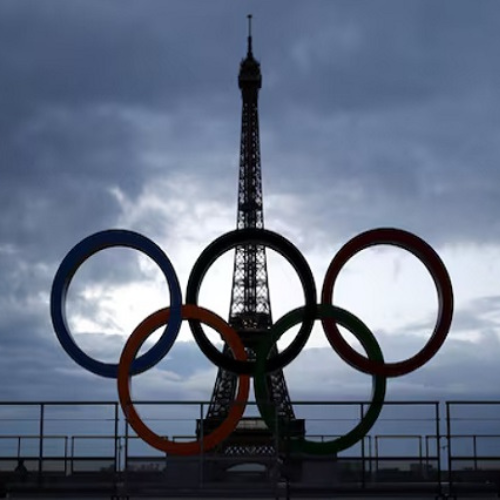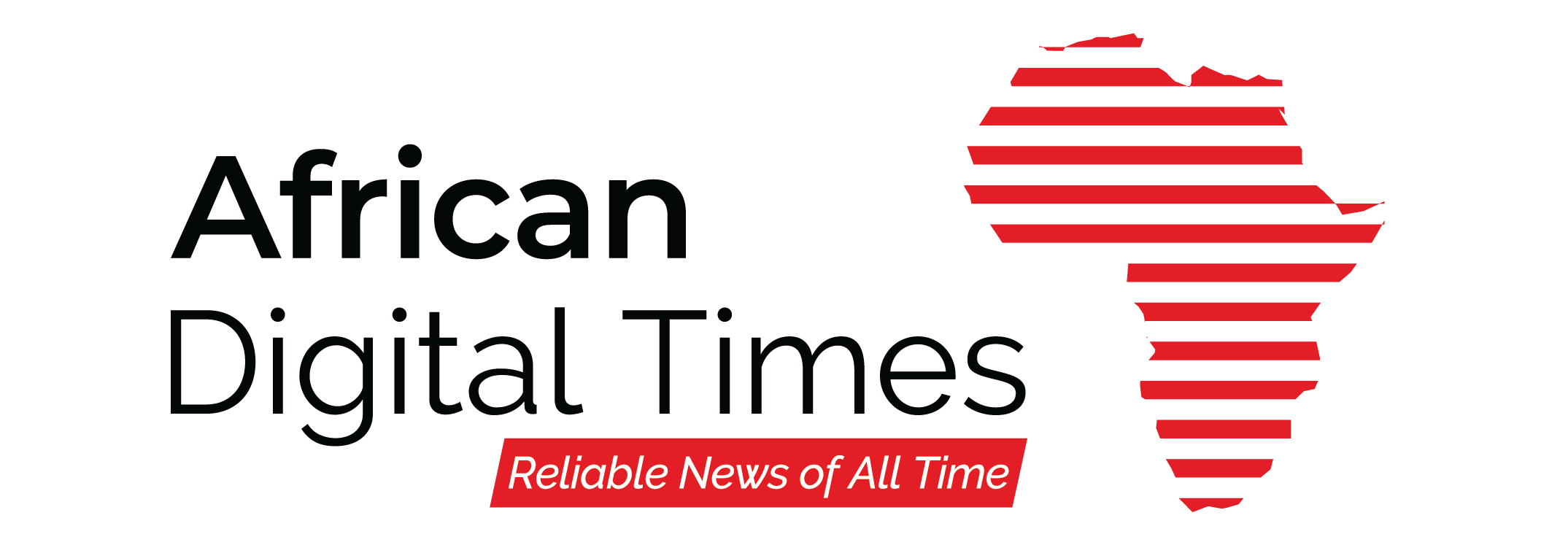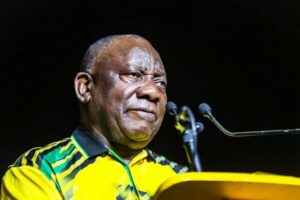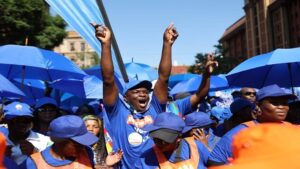
The participation of a refugee team at the Paris Olympics provides an opportunity to spotlight major displacement crises, such as the conflict in Sudan, and the challenges refugees encounter in host countries, according to the United Nations refugee chief. In an interview with Reuters during the Olympics in Paris, the UN High Commissioner for Refugees (UNHCR), Filippo Grandi, expressed hope that the Refugee Olympic Team, consisting of 37 athletes, would help raise awareness about the stigmatization, marginalization, and violence experienced by refugees. “Should these athlete refugees spend their youth in this state of uncertainty? No,” Grandi said.
“Let’s also give them a chance. Though they are only 37 people, out of the 120 million refugees in the world, their participation is powerful as a symbol. The Paris Games mark the third Olympics where a team of refugees is competing in 12 different sports, such as athletics, badminton, and boxing.”
“When you’re a refugee, you have the same story,” Olympic cyclist Amir Ansari, a member of the IOC Refugee Olympic Team, told Reuters.
“Any sport is difficult if you are a refugee, and if you are not a refugee, too. But if you are a refugee, you learn that you have to be tough to survive and that makes you train harder.”
The Olympics, which run until August 11, come as the world faces major displacement crises, including in Ukraine, the Gaza Strip, and Sudan—UN High Commissioner for Refugees, Filippo Grandi.
“We want to address the stigmatization, violence, pushbacks, and all the hardships that refugees experience. Unfortunately, these issues persist and will continue to do so even after the Olympics. However, it is important to acknowledge that these are negative occurrences. When refugees are not marginalized and are instead included in the largest and most esteemed sports community in the world, they can achieve remarkable things. They can compete and, even more importantly, they are just like any other young people.”







